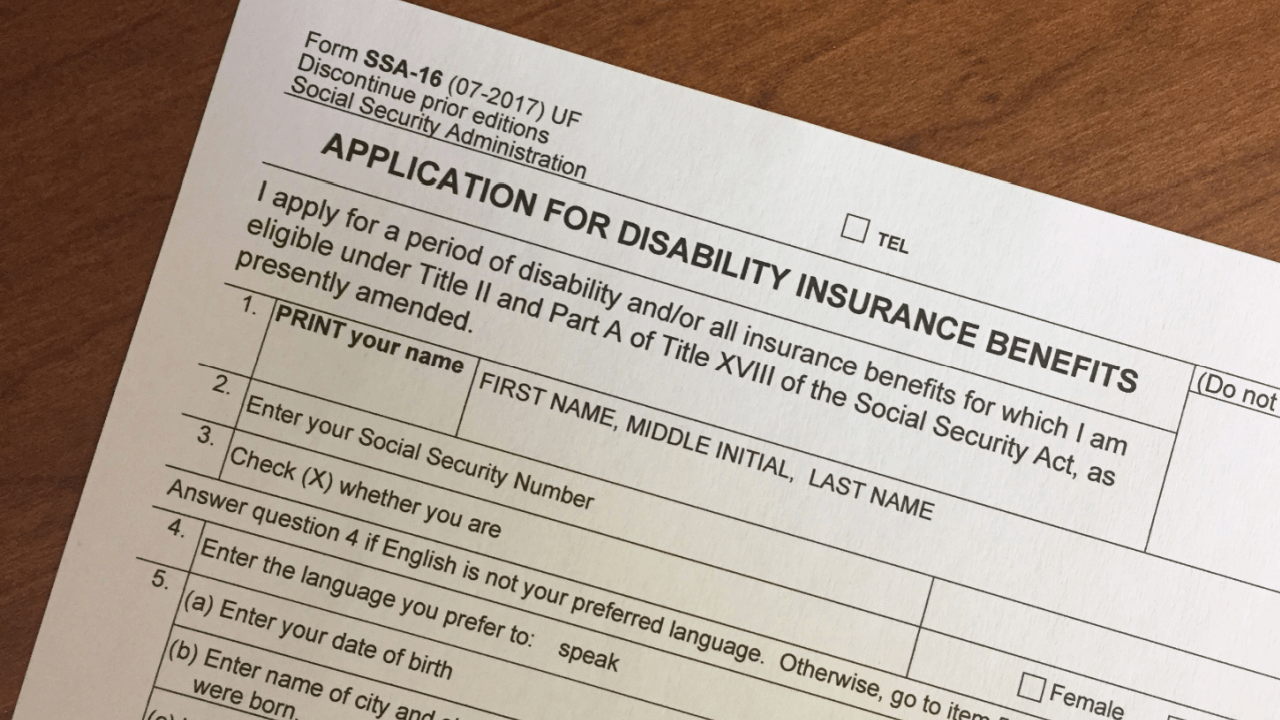
What Conditions Are Not Considered a Disability? Legal Guide
What Conditions Are Not Considered a Disability Under Federal Law?
What conditions are not considered a disability is a crucial question for understanding your legal rights and workplace protections. Under the Americans with Disabilities Act (ADA), not every medical condition qualifies as a disability. Understanding these distinctions helps individuals navigate employment, housing, and public accommodation rights effectively.
The ADA defines disability as a physical or mental impairment that substantially limits one or more major life activities. However, many conditions fall outside this legal framework, leaving individuals without certain legal protections.
This guide explores specific conditions excluded from disability protections, temporary impairments that don’t qualify, and the legal reasoning behind these distinctions. You’ll learn how to determine whether your condition meets disability criteria and what alternatives exist for non-qualifying conditions.
Temporary and Short-Term Conditions That Don’t Qualify
Temporary medical conditions rarely meet the threshold for what conditions are not considered a disability under federal law. The ADA requires impairments to be long-term or permanent to qualify for protection.
Common temporary conditions include broken bones, minor surgeries with quick recovery times, seasonal allergies, and short-term illnesses like flu or cold symptoms. These conditions, while potentially limiting, don’t create substantial long-term restrictions on major life activities.
Recovery periods for most temporary conditions span weeks or months rather than years. The ADA typically requires impairments lasting at least six months to be considered disabilities. However, temporary conditions can still qualify if they’re part of ongoing chronic illnesses or if complications extend recovery significantly.
Pregnancy, while temporarily limiting certain activities, is specifically excluded from disability protections under the ADA. Instead, pregnancy receives protection under the Pregnancy Discrimination Act and Family and Medical Leave Act.
Minor Impairments and Cosmetic Conditions
Understanding what conditions are not considered a disability includes recognizing that minor impairments often lack substantial limitation requirements. Small scars, minor vision corrections addressed by glasses, and slight hearing loss that doesn’t significantly impact communication typically don’t qualify.
Cosmetic conditions without functional impairment rarely meet disability criteria. Birthmarks, minor skin conditions, or aesthetic concerns that don’t limit major life activities fall outside ADA protection. The key distinction lies in whether the condition substantially limits functions like walking, seeing, hearing, speaking, or working.
Weight-related conditions present complex considerations. Obesity alone isn’t automatically considered a disability unless it causes other qualifying impairments. Similarly, being underweight or having minor eating irregularities don’t typically qualify without additional complications affecting major life activities.
Height variations, whether exceptionally tall or short, don’t constitute disabilities unless they create functional limitations. The same principle applies to physical characteristics that are simply different from average but don’t impair daily activities.
Specifically Excluded Conditions and Behaviors
Federal law explicitly excludes certain conditions from what conditions are not considered a disability protections. Current illegal drug use receives no ADA protection, though individuals in recovery programs may qualify for some protections.
Sexual behavior disorders, including pedophilia, exhibitionism, and voyeurism, are specifically excluded from disability protections. These exclusions reflect societal values and legal boundaries rather than medical considerations.
Compulsive gambling, kleptomania, and pyromania don’t qualify for disability protections despite being recognized psychological conditions. The ADA excludes these behaviors due to their potential harm to others and workplaces.
Gender identity disorders were historically excluded but recent interpretations have evolved. Current legal landscapes vary by jurisdiction, making individual case analysis essential for gender-related conditions.
Personality disorders like antisocial personality disorder typically don’t qualify for protections due to their behavioral manifestations that may harm others or disrupt workplace environments.
Understanding the Legal Standards and Exceptions
What conditions are not considered a disability depends on meeting three specific ADA criteria: having a physical or mental impairment, substantial limitation of major life activities, and documentation of the condition’s impact.
Major life activities include walking, seeing, hearing, speaking, breathing, learning, working, caring for oneself, and performing manual tasks. Conditions must substantially limit at least one of these activities to qualify for protection.
The “regarded as” provision offers protection for individuals perceived as having disabilities, even when their conditions don’t technically qualify. This provision protects against discrimination based on misconceptions about medical conditions.
Mitigating measures like medications, assistive devices, or treatments can affect disability determinations. However, recent amendments generally require evaluation of conditions in their unmitigated state, expanding protection for many individuals.
What Conditions Are Not Considered a Disability: Final Thoughts
Understanding what conditions are not considered a disability empowers individuals to make informed decisions about their legal rights and workplace accommodations. While many medical conditions don’t qualify for ADA protection, alternative resources like employer policies, state laws, and medical leave options may still provide support. Knowledge of these distinctions helps prevent misunderstandings and ensures appropriate expectations when seeking accommodations or protections.
Get Professional Guidance on Disability Condition Qualifications
If you’re unsure whether your condition qualifies for disability protections, professional guidance is essential for understanding what conditions are not considered a disability. Visit social security disability for comprehensive resources and expert insights on ADA law and disability qualifications. Our specialized attorneys and advocates help navigate complex cases where disability determinations may have exceptions or evolving legal interpretations.
Frequently Asked Questions
1. Can seasonal allergies ever be considered a disability?
Seasonal allergies typically don’t qualify as disabilities unless they’re severe enough to substantially limit major life activities like breathing or working. Most seasonal allergies are manageable with treatment and don’t create long-term substantial limitations.
2. Are mental health conditions that respond well to medication still considered disabilities?
Yes, mental health conditions can still qualify as disabilities even when well-managed with medication. Recent ADA amendments require evaluation of conditions in their unmitigated state, meaning without considering the effects of treatment.
3. Do chronic pain conditions automatically qualify as disabilities?
Chronic pain conditions must substantially limit major life activities to qualify as disabilities. The condition’s impact on daily functions like walking, working, or self-care determines qualification rather than the presence of pain alone.
4. Can employers ask what conditions are not considered a disability during interviews?
Employers cannot ask about medical conditions or disabilities during interviews. They may only ask about your ability to perform essential job functions with or without reasonable accommodations.
5. Are there state laws that protect conditions not covered by federal disability law?
Yes, many states have broader disability protections than federal law. State laws may cover conditions that don’t qualify under the ADA, making it important to research local protections for your specific situation.
Key Takeaways
- Temporary conditions lasting less than six months typically don’t qualify as disabilities under federal law
- Minor impairments that don’t substantially limit major life activities lack ADA protection
- Certain conditions like current illegal drug use and sexual behavior disorders are specifically excluded
- The “regarded as” provision can provide protection even when conditions don’t technically qualify
- Legal standards focus on substantial limitation of major life activities rather than medical diagnosis alone


